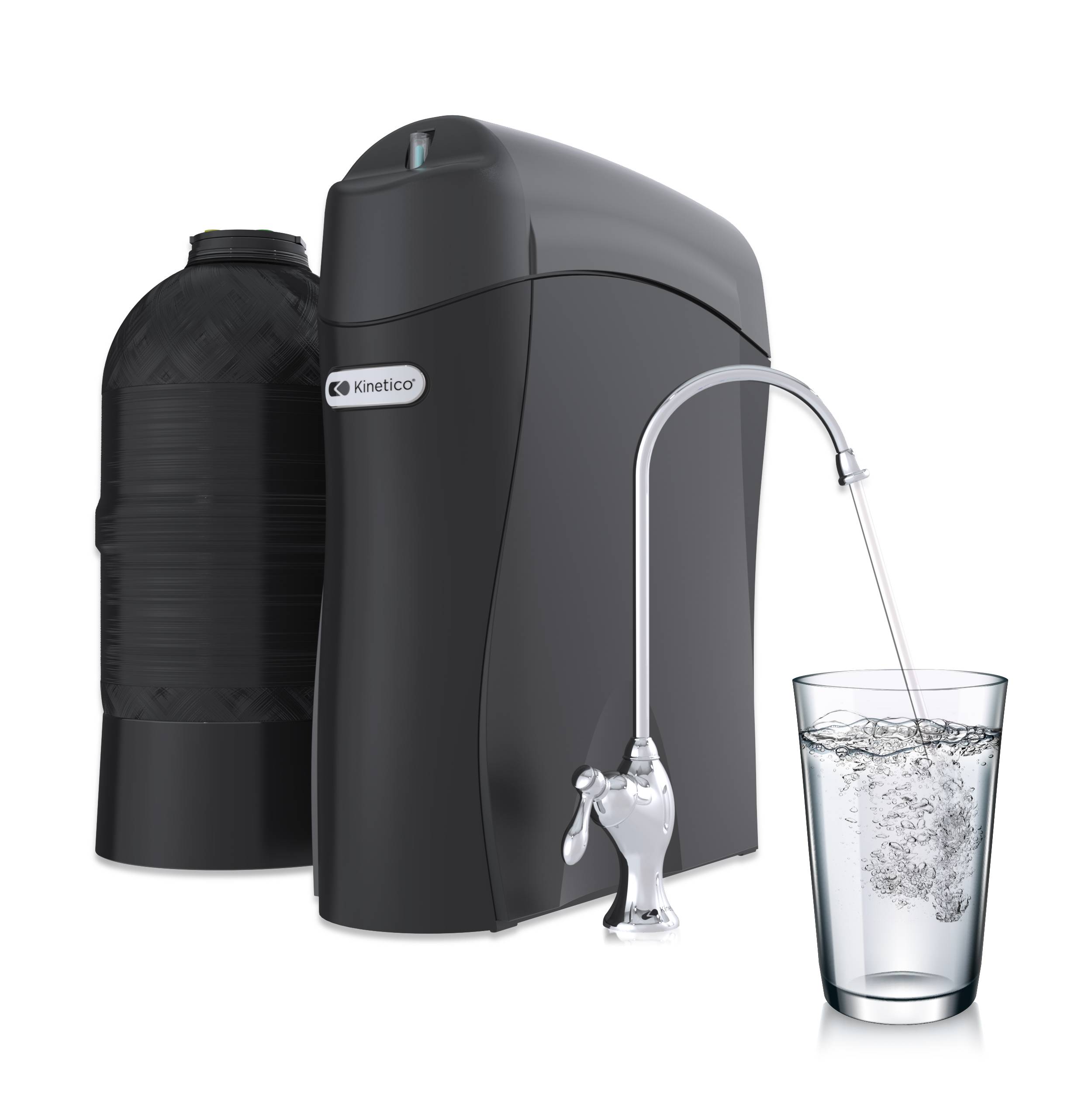Do you know if you have well water or city water? If you do know, do you know the correct way to treat your water? When considering a home water system, you should first understand where your water comes from because that will tell you how to treat it.
Common Issues with City Water
City water is regulated by the Environmental Protection Agency. They treat the water with chlorine, fluoride, and chloramines to neutralize bacteria and viruses. These chemicals, which are used to treat the water, can actually result in harm. Chlorine is still in the water when it is distributed; therefore, it is still there when it reaches your home. Besides having an unpleasant taste and smell, chlorine, can also dry out skin, hair, and deteriorate rubber seals found in some appliances. Chlorinated water is potent and may lead to various side effects including:
- Kidney Problems
- Liver Problems
- Dizziness
- Weakened Immune System
- Higher Risk of Cancer
City Water Solutions
Combination systems are recommended to treat city water, which is a whole house filter and water softener merged. A combination system uses technology to remove the hardness and chlorine and a reverse osmosis system to get fresh drinking water.
Common Issues with Well Water
Contamination is a frequent issue with well water because groundwater is susceptible to pollutants. Bacteria, viruses, and dissolved solids can all infiltrate wells, causing illnesses or unpleasant smelling and tasting water. According to the Florida Department of Health, the most common contaminants in well water in Florida are bacteria and nitrates.
Potential Well Contaminant Sources:
- Animal Waste Disposal Systems
- Construction
- Waste Disposal Wells
- Pesticide/Fertilization Use
- Household Chemical Use
- Swimming Pool Chemicals
- Septic Tanks
- Runoff from Storms
Well Water Solutions
It’s important to have well water tested at least once a year for contaminants. Unlike city water, the EPA does not regulate well water, so if you have well water you are responsible for testing and treating. You should have your well water tested if:
- The taste, odor, or color changes;
- You’ve become sick after drinking your water;
- A flood occurred near your well; or
- A new well is put in or had recent maintenance.
The most common types of household water treatment systems are filtration systems and water softeners. Whole house reverse osmosis systems remove the contaminants by using pressure to force water through a semipermeable membrane, filtering out the pollutants and leaving clean water. Water softeners will reduce the hardness of the water by using sodium or potassium ions to replace calcium and magnesium ions, which are the ions that create hardness.
At Kinetico, we have professionals who know how to properly treat both well and city water. Contact us today at 1-888-420-2297 for a free water analysis and receive the correct treatment for your water.



